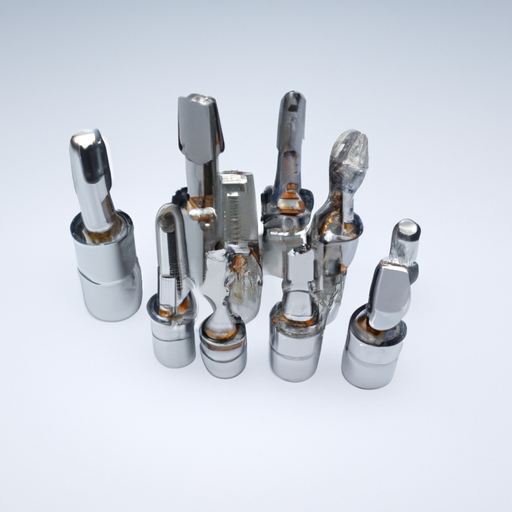When it comes to building a kit, whether it be for a hobby, a project, or for professional use, choosing the right components is crucial. One of the key components to consider is the class of the components. The class of a component refers to its quality, durability, and performance. In this article, we will discuss the importance of choosing the right class of components for your kit and provide recommendations on which class to choose for different types of kits.

The class of components plays a significant role in the overall performance and longevity of your kit. Higher-class components are typically made with better materials, have tighter tolerances, and undergo more rigorous testing. This results in components that are more reliable, durable, and perform better under various conditions.
On the other hand, lower-class components may be made with cheaper materials, have looser tolerances, and may not undergo as thorough testing. This can lead to components that are less reliable, prone to failure, and may not perform as well as higher-class components.
Choosing the right class of components for your kit is essential to ensure that it functions properly, lasts a long time, and meets your needs and expectations. It is important to consider the intended use of your kit, the environment in which it will be used, and your budget when selecting the class of components.
Recommendations for different types of kits
1. Hobby kits
For hobby kits, such as model airplanes, RC cars, or DIY electronics projects, it is important to choose components that strike a balance between quality and cost. In this case, components in the mid-range class are often a good choice. These components are typically more reliable and durable than lower-class components, but are still affordable for hobbyists.
Components in the mid-range class are often made with decent materials, have reasonable tolerances, and undergo basic testing. This makes them suitable for hobbyists who want components that perform well without breaking the bank. Some reputable brands that offer mid-range components for hobby kits include Tamiya, Traxxas, and Adafruit.
2. Professional kits
For professional kits, such as medical equipment, industrial machinery, or scientific instruments, it is crucial to choose components in the high-class category. These components are made with the highest quality materials, have the tightest tolerances, and undergo extensive testing to ensure reliability and performance.
High-class components are designed to withstand harsh conditions, frequent use, and demanding applications. They are built to last and are less likely to fail under stress. Some top brands that offer high-class components for professional kits include Siemens, Bosch, and Keysight Technologies.
3. Educational kits
For educational kits, such as STEM kits for schools or science fair projects, it is important to choose components that are both educational and reliable. Components in the mid to high-class range are often a good choice for educational kits. These components offer a good balance between quality and cost, making them suitable for educational purposes.
Components in the mid to high-class range are typically made with decent materials, have reasonable tolerances, and undergo basic to moderate testing. This makes them suitable for educational kits that require components to perform well and be educational at the same time. Some reputable brands that offer mid to high-class components for educational kits include LEGO Education, Vernier Software & Technology, and SparkFun.
In conclusion, choosing the right class of components for your kit is essential to ensure its performance, reliability, and longevity. Whether you are building a hobby kit, a professional kit, or an educational kit, it is important to consider the intended use of your kit, the environment in which it will be used, and your budget when selecting components. By choosing components in the appropriate class, you can build a kit that meets your needs and expectations.